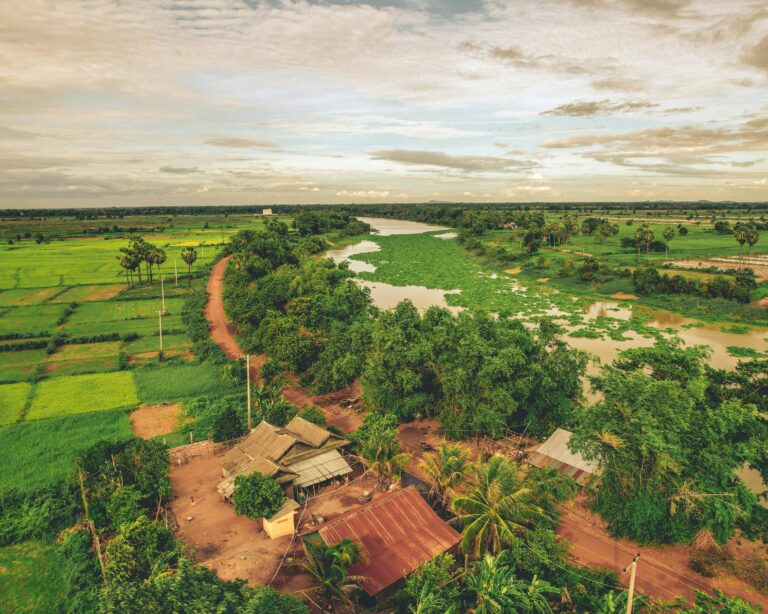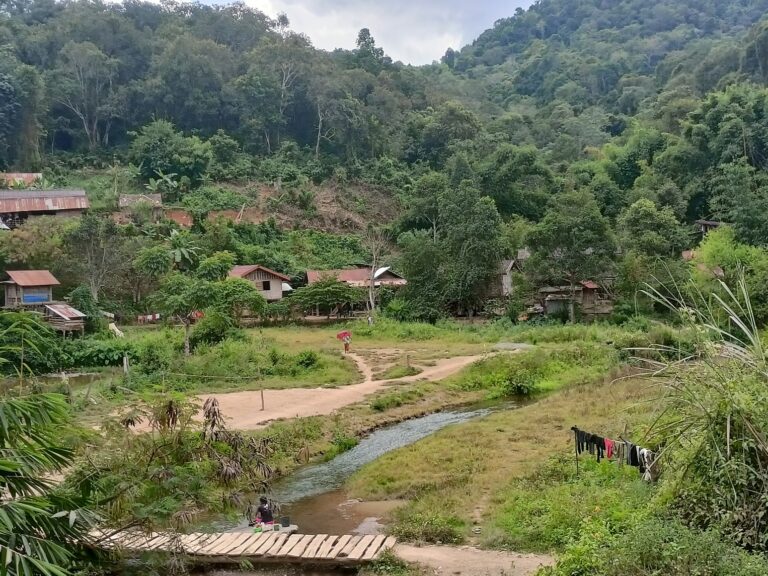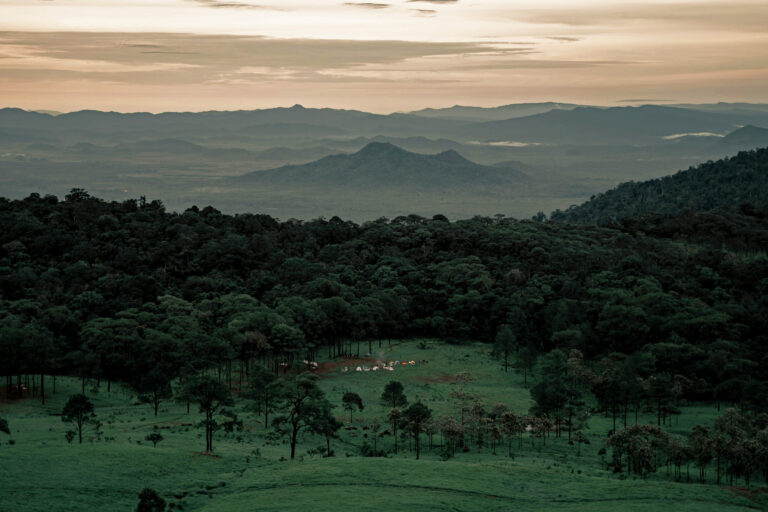Project Description
Despite overall economic growth, mountainous rural areas in Lao PDR—especially the Northern Upland Provinces—remained among the poorest, with over 40% of the rural population living below the poverty line. Rapid shifts in agricultural systems from traditional mosaic farming to monoculture on marginal lands had degraded natural resources and reduced resilience. Declining soil fertility, erosion, biodiversity loss, and water pollution contributed to stagnant or falling yields, while increasing farmers’ vulnerability to climate change. To address these challenges, this project supported AFD and the Ministry of Agriculture and Forestry in designing a sustainable, community-based watershed management project to improve water security and climate resilience in four northern provinces.
Objectives, Activities, and Results
The project was implemented in two phases. Phase 1 focused on diagnosis and data collection, including a review of watershed policies, land use, and agricultural practices, followed by validation of the proposed project structure. Phase 2 developed the project design, including preliminary technical and institutional arrangements, identification of key partners and stakeholders, and the establishment of a monitoring and evaluation framework with indicators. The resulting design laid the foundation for integrated watershed management (IWM) interventions aimed at restoring ecological functions, supporting sustainable agriculture, and enhancing community resilience to climate impacts.



